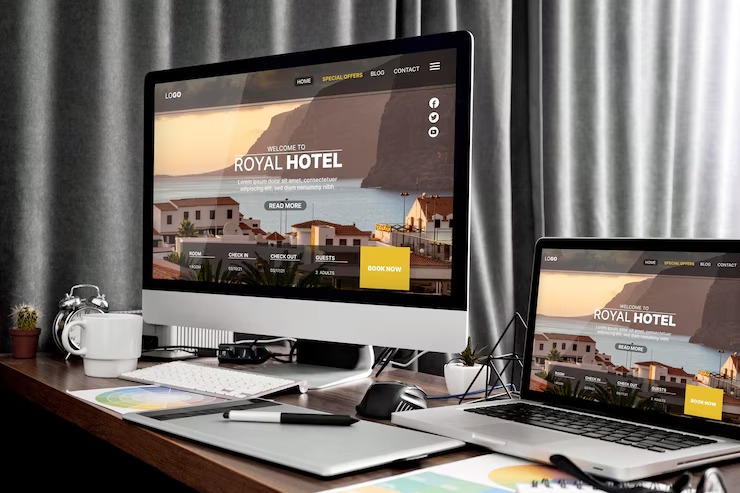
In today’s digital age, websites have become indispensable tools for businesses, organizations, and individuals alike. From e-commerce platforms to personal blogs, the internet is teeming with diverse types of websites, each serving a unique purpose and audience.
E-Commerce Websites
E-commerce websites are online platforms that facilitate the buying and selling of goods and services. These websites typically include features such as product listings, shopping carts, secure payment gateways, and order tracking systems. Popular examples include Amazon, eBay, and Etsy.
Business/Corporate Websites
Business or corporate websites serve as digital storefronts for companies and organizations. They provide information about the company’s products, services, history, mission, and contact details. These websites often include sections such as “About Us,” “Services,” “Contact,” and may also feature blogs or news updates.
3. Portfolio Websites
4. Blogging Websites
Blogging websites are platforms where individuals or groups publish regular content on specific topics of interest. These websites often feature a chronological list of blog posts, categorized by topic or date. They may also include features such as comments sections, social sharing buttons, and subscription options.
5. News and Media Websites
News and media websites provide users with up-to-date information on current events, trends, and news stories. These websites often feature articles, videos, images, and other multimedia content, categorized by topic or location. Examples include CNN, BBC News, and The New York Times.

